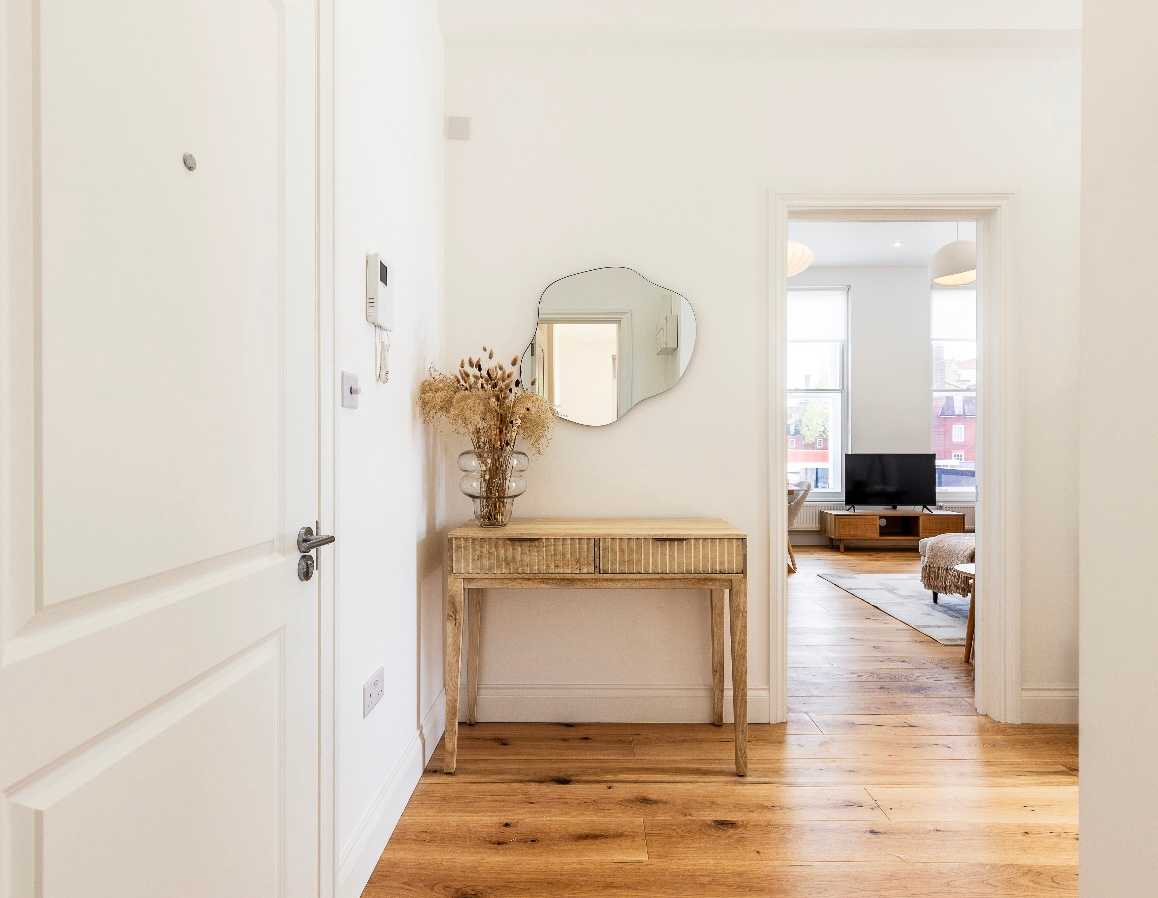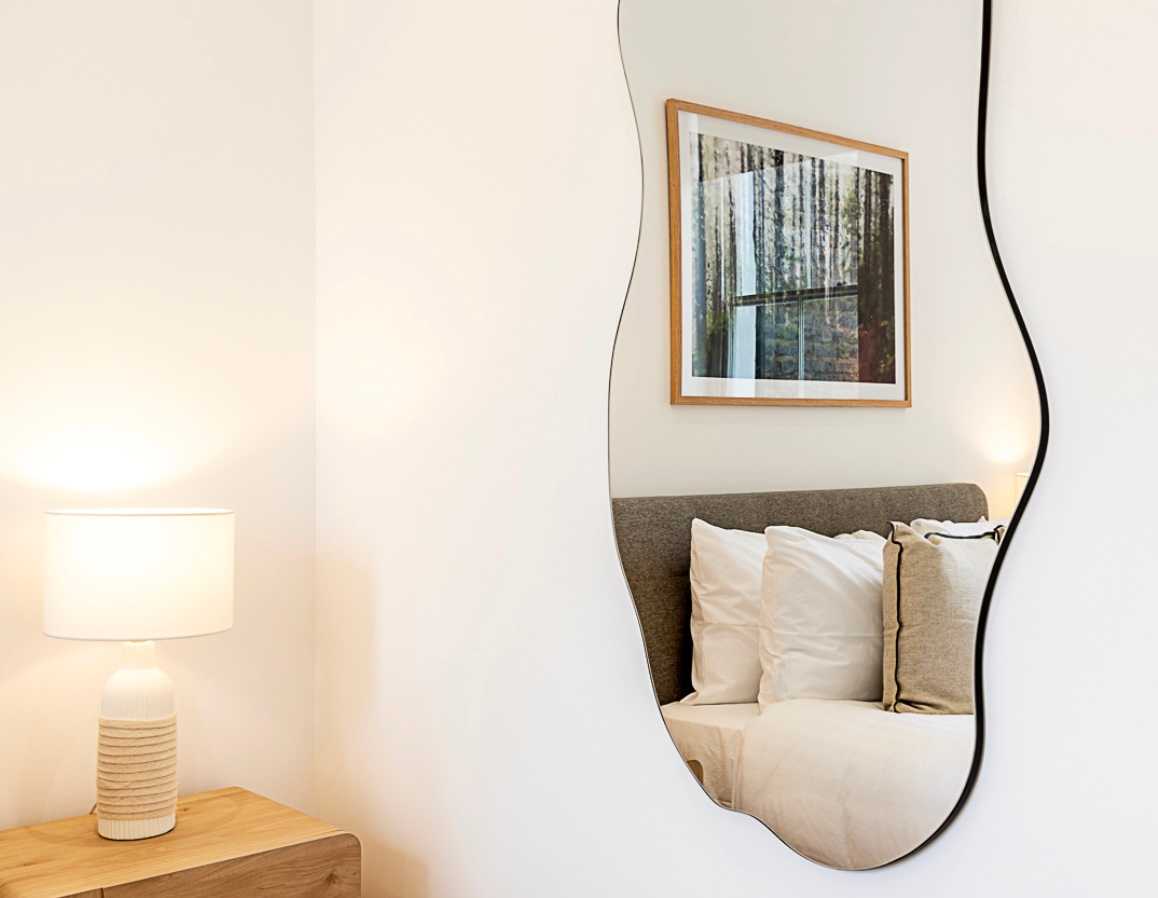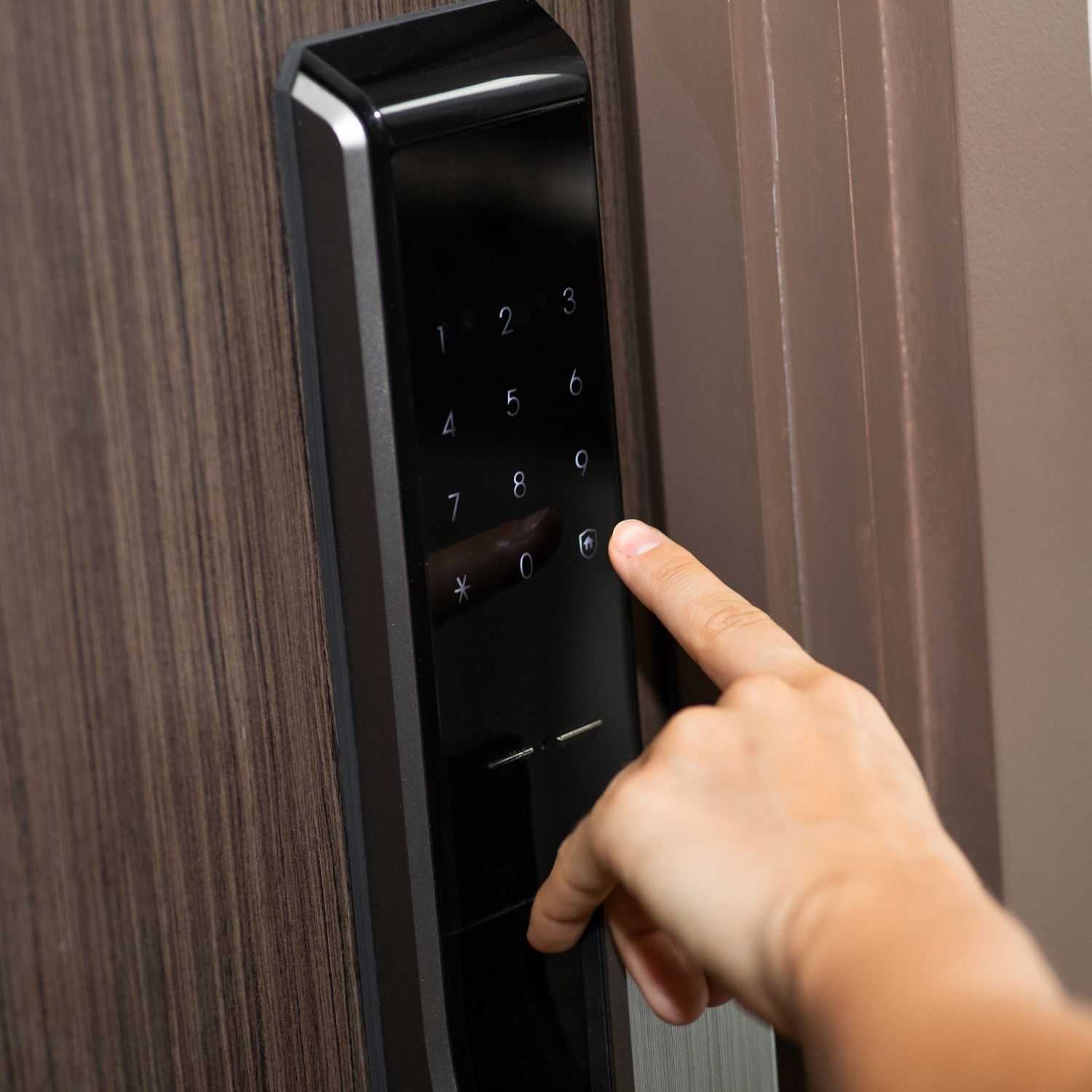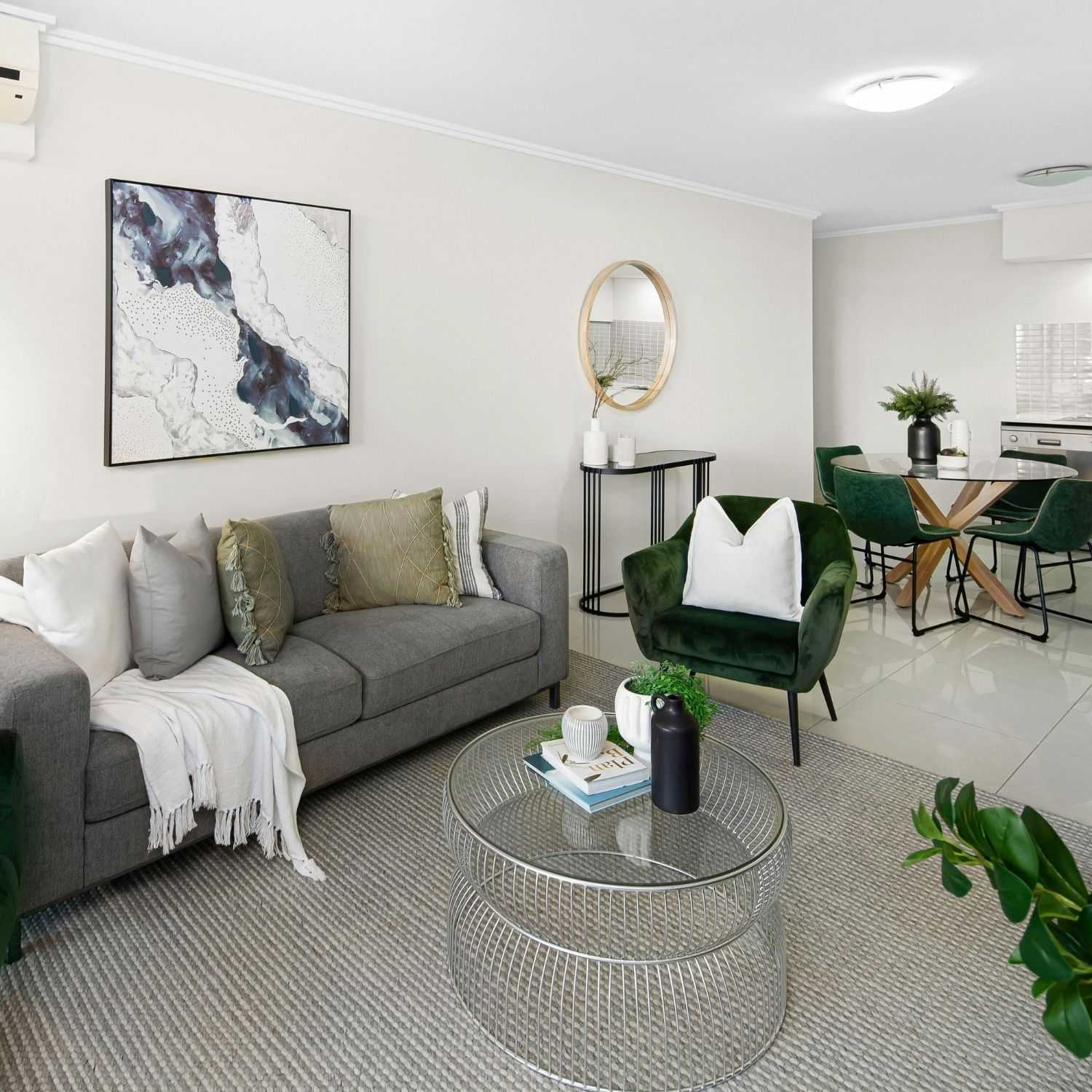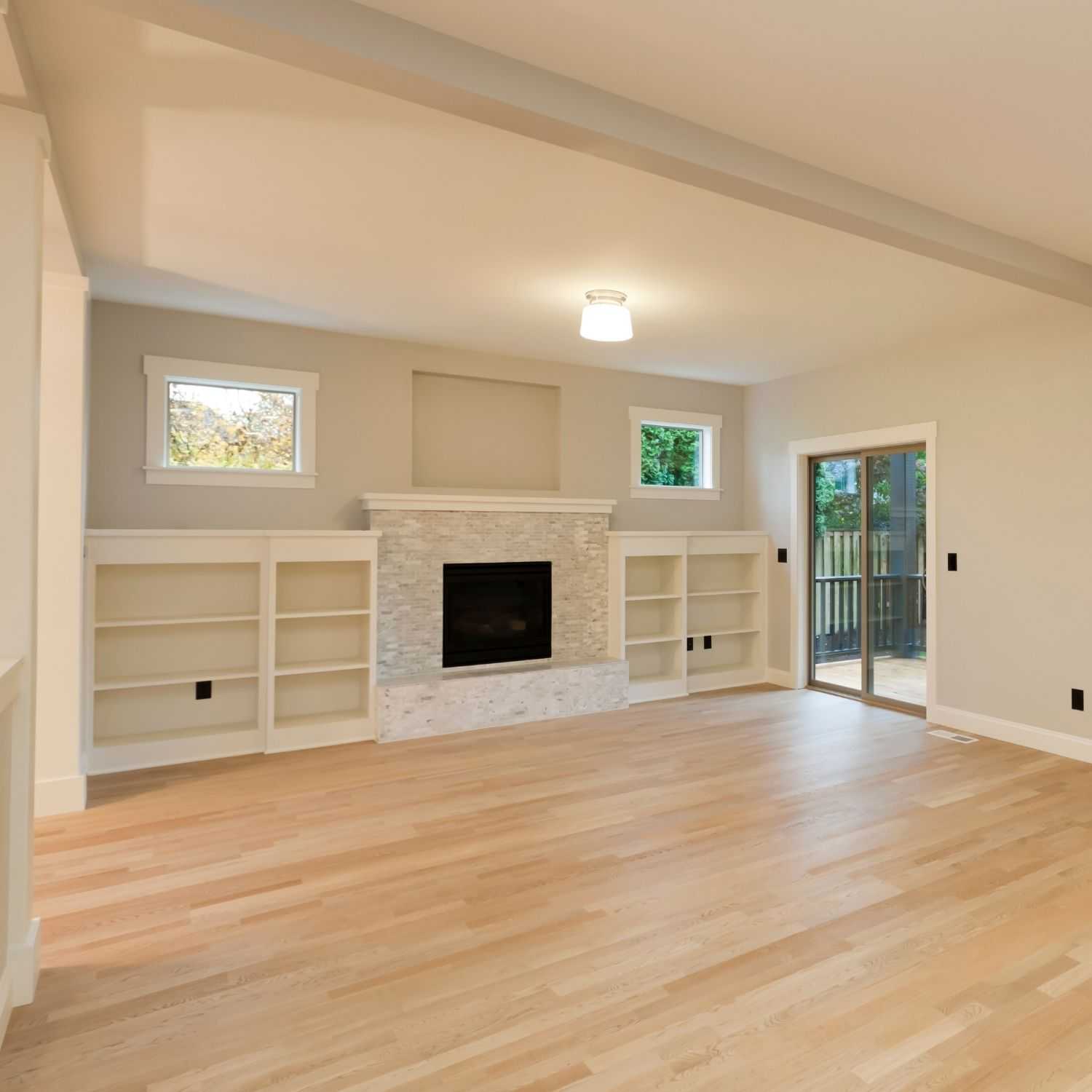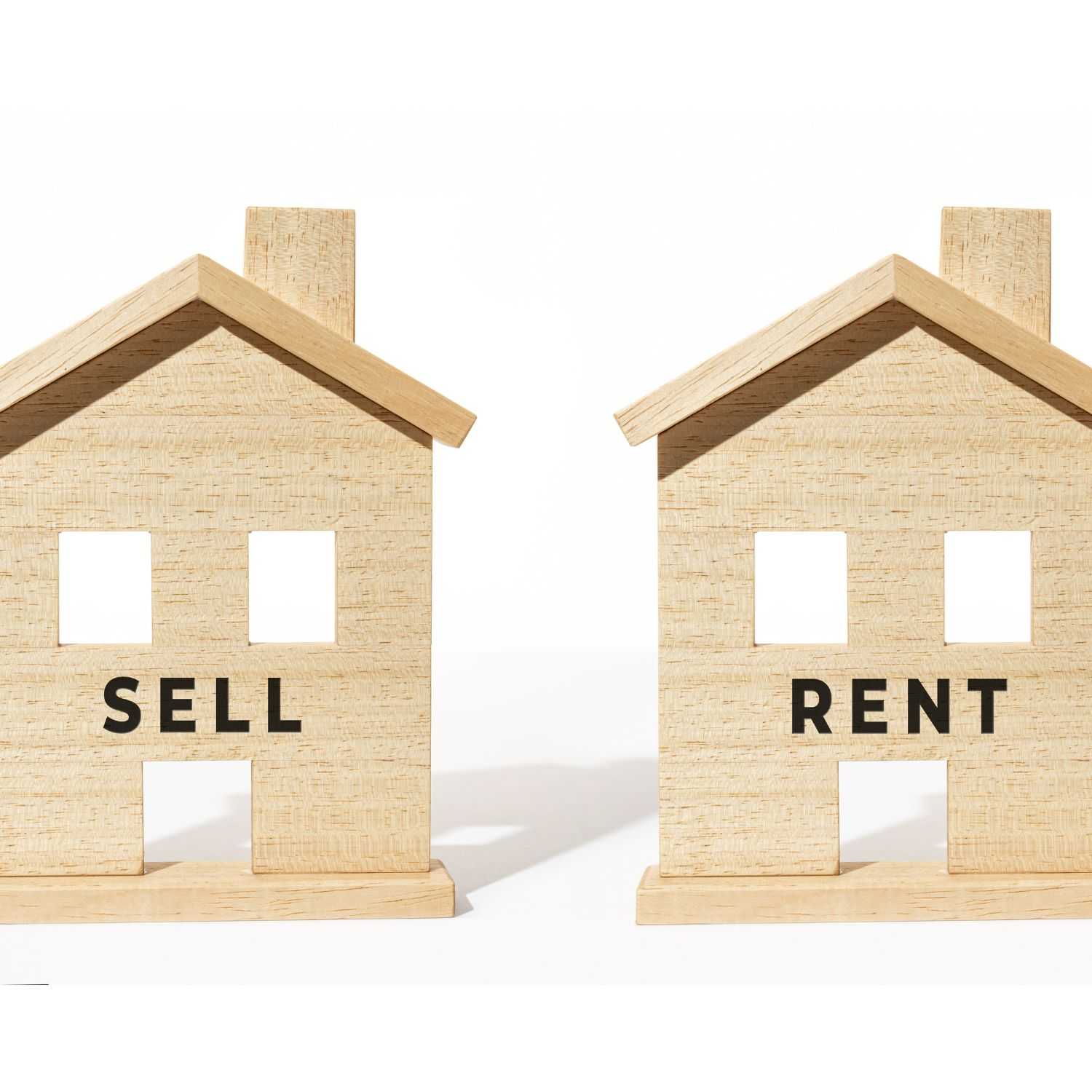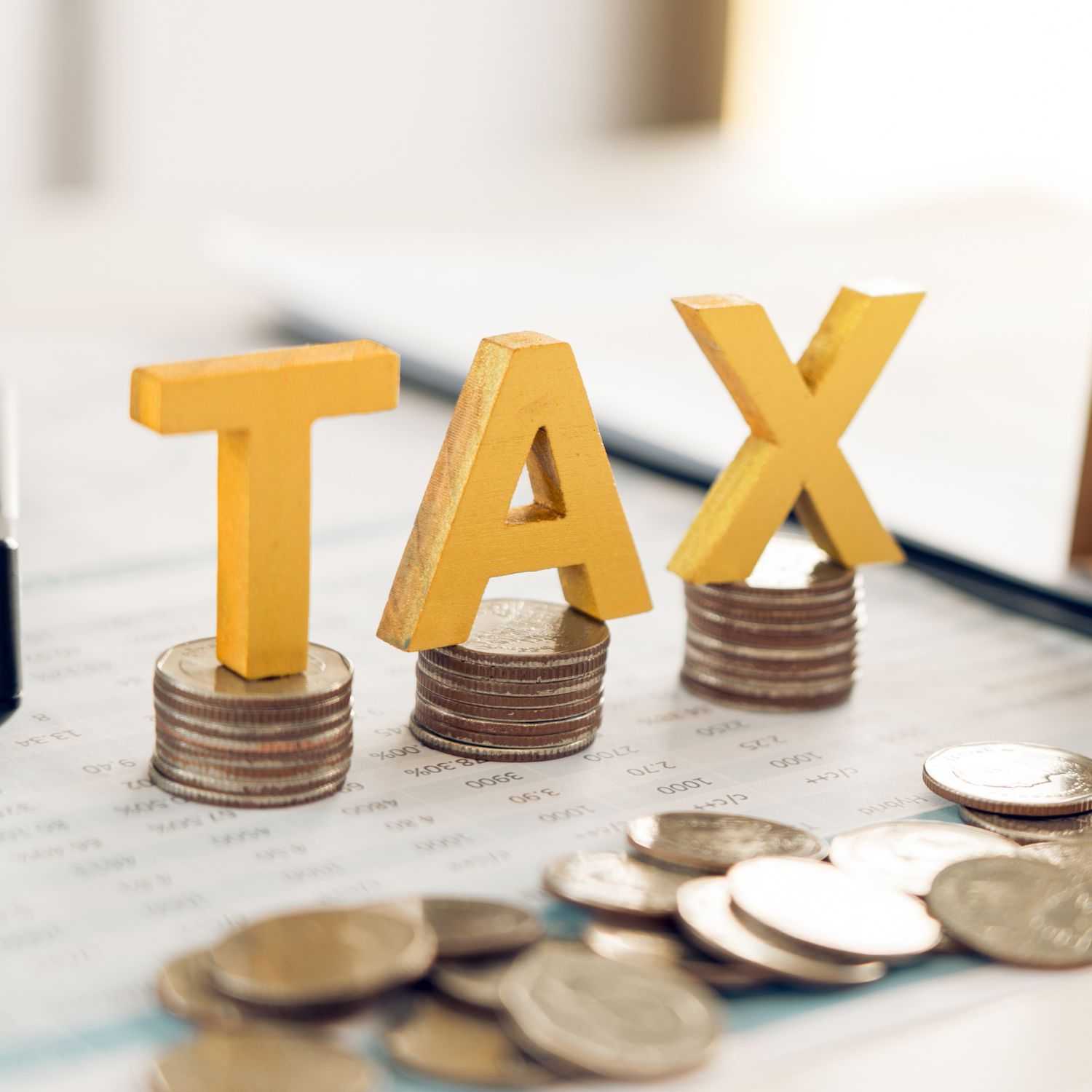Share
Last week, we shared with you some insights to help you better understand London’s short let market and the opportunities it presents. For the second and final part of this mini-series, we’ll go through the rates and regulations to bear in mind when listing your property.
It’s a very profitable market
The short let market in London is both sizeable and profitable. In fact, between July 2016 and July 2017, Airbnb bookings contributed £3.46 billion to the UK economy and London households earned an estimated £657 million using Airbnb. On average, the rate per night for an entire house or apartment in London was £157. So if you were to short let your London property during your 25 days of annual leave, you’d earn £3,925 a year excluding fees.
But it’s important to note that rates do fluctuate throughout the year based on seasonality. This can even be the case on a day-to-day basis as demand for properties peaks during holiday periods such as Christmas and during popular events such as the annual Wimbledon tennis championships.
In comparison to long let rentals, a short term rental can be twice as profitable and offers a more cost-effective option than a hotel for many visitors to London. This is a win-win situation for both hosts and guests.
Obeying the 90-day rule
Regulations were introduced in Greater London in 1973 to restrict the use of residential premises as temporary sleeping accommodation. This was designed to ensure the London housing supply existed for the benefit of its permanent residents. Under this act, homeowners were required to apply for planning permission to make a material change of use to their premises before they were allowed to short let their property.
In 2015, an act was passed that relaxed these restrictions enabling homeowners in London to short let their properties for a maximum of 90 days in a calendar year without the need for planning permission. The regulatory update was made in response to ways London homeowners wanted to utilise their property and the development of sites such as Airbnb.
It’s important to note that:
- Exceptions to this rule may be applied by local planning authorities.
- Planning permission is required to short let for more than 90 days per calendar year.
As a result, Airbnb now automatically limit entire home listings in Greater London to a maximum of 90 nights per year. But not all booking service providers impose such restrictions. And as a property can be listed on multiple platforms, the responsibility is with the homeowner to ensure they don’t exceed the 90-day limit. The penalty for exceeding the limit is a fine of up to £20,000.
If you missed part one of this mini-series on the London short let market opportunities you can read it here.
If you are interested in becoming a host, we would love to hear from you. Click the button below, and fill out the short form to find out how much your property could be earning for you.
For regular insight into the London short let market and news about City Relay, follow us on LinkedIn.



